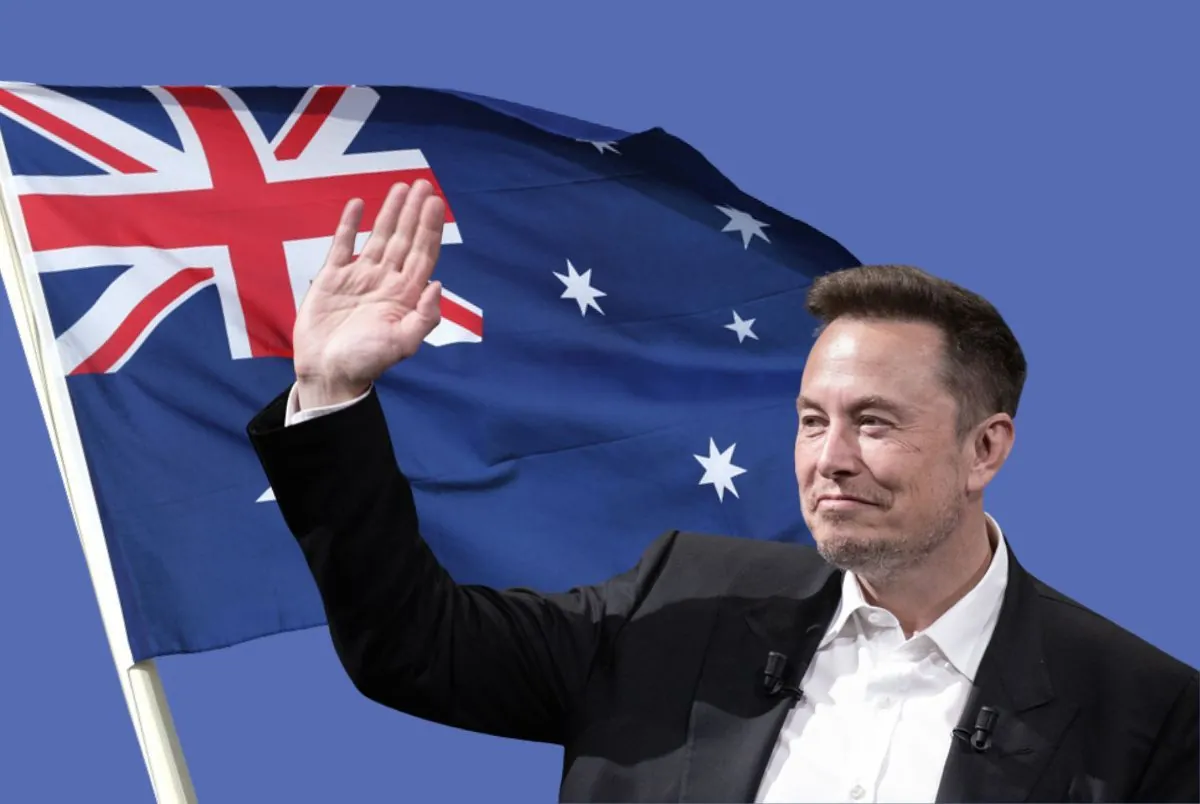In a recent development, the Australian government has introduced legislation aimed at curbing the spread of misinformation on social media platforms. This move has sparked controversy, particularly with Elon Musk, the owner of X (formerly Twitter).
The proposed law, unveiled by Australia's Labor government on September 12, 2024, would impose fines of up to 5% of global revenue on internet platforms that fail to prevent the dissemination of dangerous falsehoods. This legislation is part of a global effort to regulate borderless tech giants and ensure online safety.
Under the new rules, social media companies would be required to establish codes of conduct to combat the spread of misinformation. These codes would need approval from a regulatory body. If a platform fails to create an acceptable code, the regulator would impose its own standard and penalize non-compliance.
Elon Musk, known for his self-proclaimed stance as a champion of free speech, responded to the news by labeling the Australian government as "fascists." This reaction has reignited tensions between the tech billionaire and Australian authorities.
This is not the first clash between Musk and the Australian government. In April 2024, X challenged a cyber regulator's order to remove posts related to a bishop's stabbing in Sydney. The incident prompted Prime Minister Anthony Albanese to criticize Musk as an "arrogant billionaire."
Government officials have defended the proposed legislation, emphasizing its importance for national sovereignty and public safety. Assistant Treasurer Stephen Jones dismissed Musk's criticism as "crackpot stuff" and stated:
"This is about sovereignty, and whether it's the Australian government or any other government around the world, we assert our right to pass laws which will keep Australians safe."
Jones further explained that the law aims to prevent the publication of scam content, deepfake materials, and livestreamed violence under the guise of free speech.
The debate surrounding this legislation highlights the ongoing global challenge of balancing free speech with the need to combat misinformation and ensure online safety. As Australia moves forward with this proposal, it joins other nations in grappling with the complex issues of digital content regulation and the power of tech giants.
